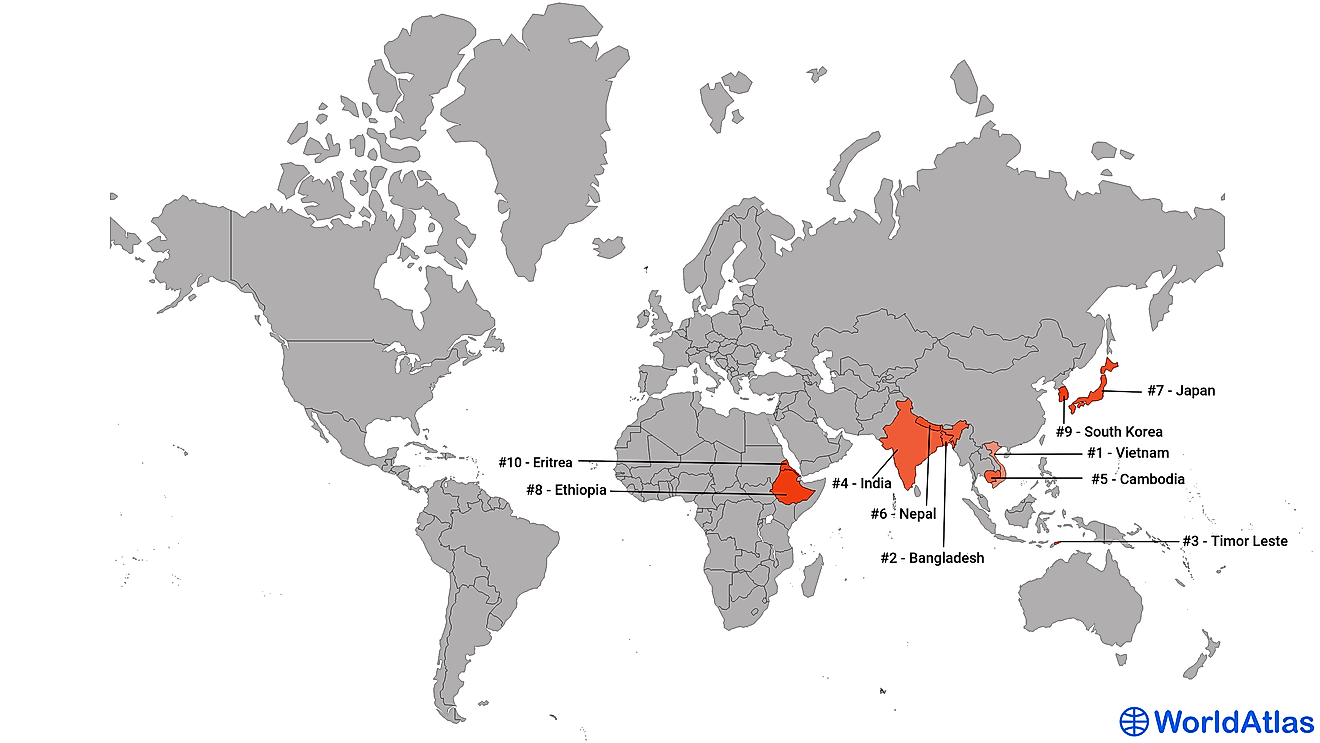What is a Hung Jury?

A hung jury is defined as a judicial jury that has been unable to agree on a verdict as mandated by the court even after extended deliberations. Sometimes referred to as a deadlocked jury, a hung jury occurs when an equal number of jurists go for a guilty and not guilty verdict causing a stalemate. However, situations vary from country to country; in some, the defendant walks free if the supermajority needed for a conviction is not reached in a single round of vote. Here is how juries work in some countries around the world.
Hung Juries Around the World
United States
In the US, a case is dismissed as a mistrial if a hung jury situation occurs with the option of the case being brought for re-trial at a later date. In some states, the court allows the jury to sit down and go over their opinions as a way of avoiding a hung jury since most courts in the United States work on the principle that the verdict of the jury must be unanimous, or must attain a majority in civil cases.
New Zealand
On the first attempt, jurists in New Zealand are required to reach a unanimous verdict, but if this does not come to pass then, the court may, after a passage of time lasting no more than 4 hours of further deliberations, accept a majority verdict. When it comes to criminal cases a verdict of all-but-one vote is required is all that is needed for a conviction while in civil cases a majority three-fourths is all it takes to pass a guilty verdict. When the jury fail to reach a majority or unanimous verdict after a realistic time, the presiding judge would pronounce a hung jury and a fresh panel is selected to carry out a retrial
United Kingdom
In the UK, a majority decision among the jurors carries the day at 10/2. If this majority is not attained, then the case goes for a retrial. This, however, is reached after the jury is given 2 hours to try to achieve the majority of 10/2. Scotland has a different way of doing things, and court cases usually have a jury of 15 people that only need a majority of 8 to return a verdict.
Canada
When it comes to criminal cases in Canada, the jury is required by law to reach a unanimous decision and nothing less. If a unanimous decision is not attained then a deadlocked jury is declared, then a retrial is set up with a new jury of 12 people. When it comes to civil cases, six people are all that is needed to form a jury, and a 5/1 decision carries the day with the dissenter being ignored.
Importance of the Jury
Having an extra pair of eyes or ears or hands is always a positive thing in all walks of life. The jury acts as a counterbalance to the powers of the court, they keep the prosecution in check, and in the process ensure that the defendant gets a fair trial. The same role is extended to the judge, having one man decide whether someone is guilty or does not sit well with many people, and this where the jury comes in. A group of strangers who have never met before providing insight and valuable input into the long process that is judgment in the court of law.











